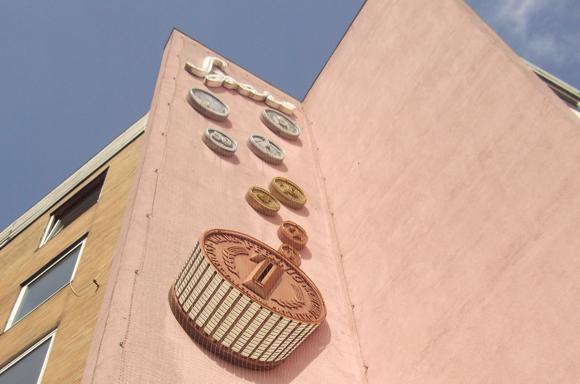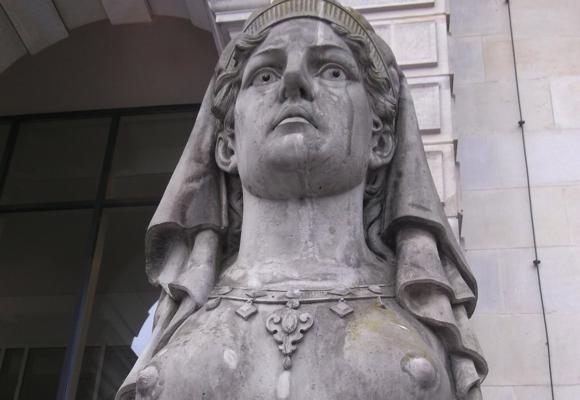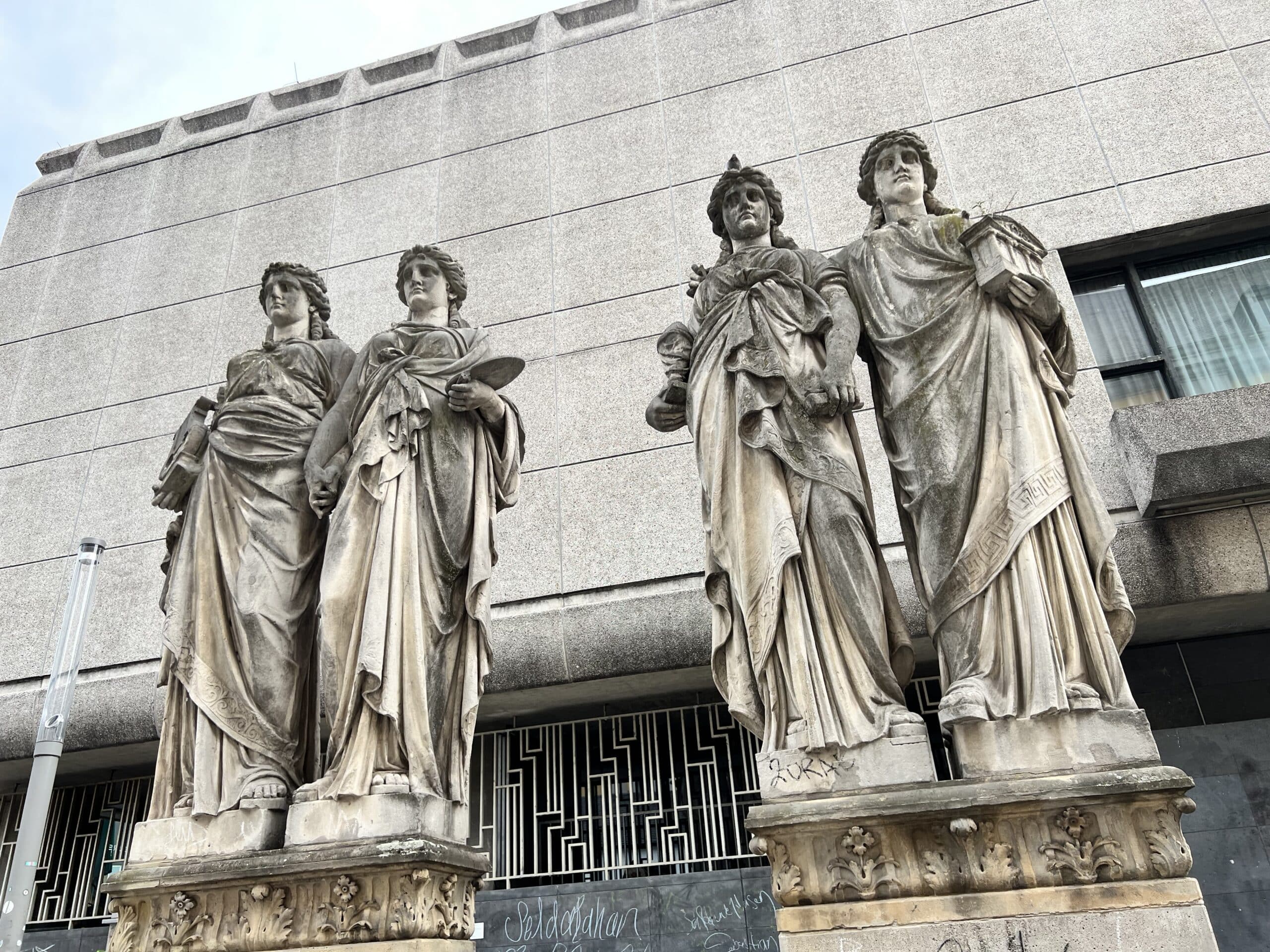Teams, tales and tips – a guide to the local game
Just before Christmas 2016, RB Leipzig went to Munich for a top-of-the-table showdown. Bayern had led the league from August, Bundesliga debutants Leipzig had nipped in during November during a record 13-game unbeaten run. Later that season, the club became the first from former East Germany to qualify for Europe since 2001.
The subsequent Champions League campaign would be the first of seven in eight seasons up to 2024, including a semi-final appearance in 2020. If this were any other club in a major league, Europe would be in thrall to this achievement.
Instead, RB (‘Red Bull’) are derided for their associations to an energy drink with massive global interests, and for bending the rules to circumvent Germany’s otherwise sacred 50+1 policy, designed to keep ownership away from oligarchs and charlatan investors.
By contrast, Leipzig is the cradle of German football. In 1900, the German FA, the DFB, were founded at the Mariengarten restaurant, Büttnerstraße 10. A plaque marks where the building once stood. Three years later, VfB Leipzig became Germany’s first champions, winning the title again ten years later.
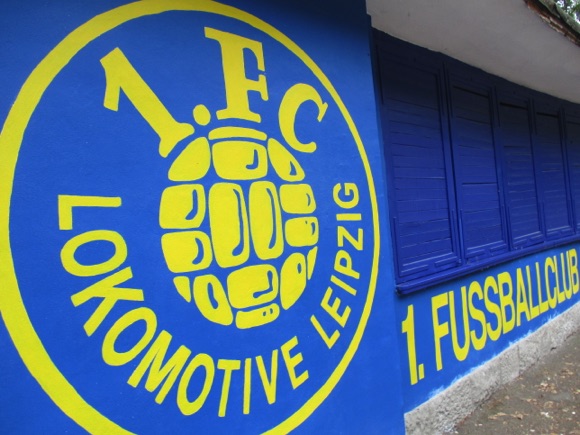
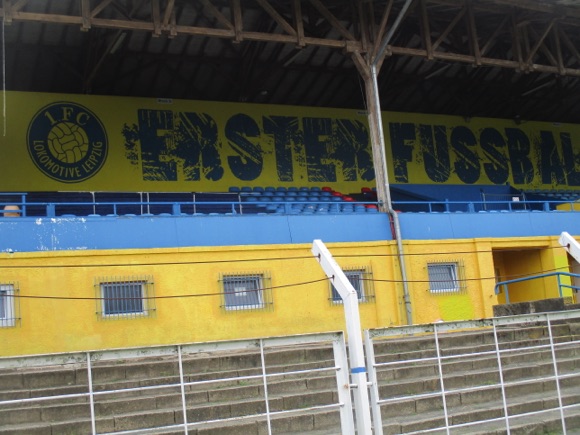
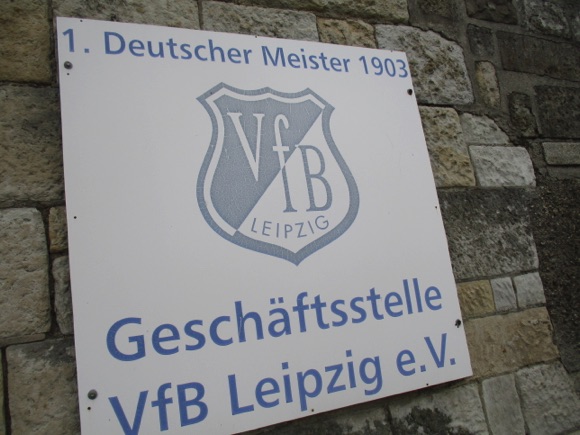
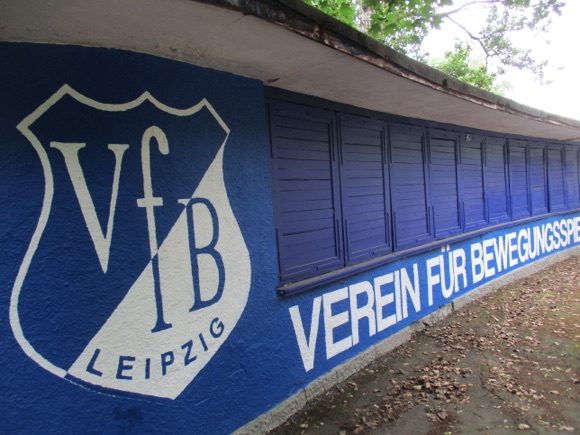
The last time a team from Leipzig was crowned all-German champions was 1913. Even in the post-war era, when Leipzig was the second biggest city in the German Democratic Republic (GDR), its main club, Lokomotive, never won the national league, the DDR-Oberliga.
When RB Leipzig strode out against Bayern for that head-to-head clash of 2016, it had been 25 years since the last DDR-Oberliga. During that time, asphyxiated by the new economic reality, star players sold to savvier, richer clubs in former West Germany, the old giants of the GDR had wilted and disappeared – including Lokomotive, revived by fans as 1.FC Lokomotive Leipzig in 2004.
Surely then, given Bayern’s monopoly of the German game and the long absence of former GDR clubs at top level, the remarkable rise and unexpected title challenge of a team from Leipzig would have been cause for celebration? Not at all. Because, natürlich, RB Leipzig are not from the home of Bach, Wagner and Mahler, but Markranstädt, a small town 10km south-west of Saxony’s largest city.
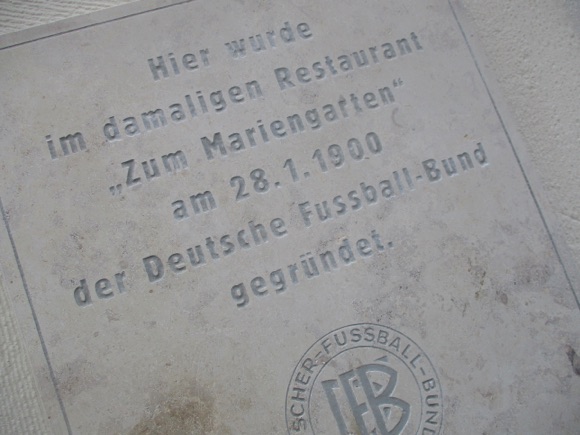



RB Leipzig are a vehicle for Red Bull, with stablemates in Salzburg and New York. Unable to be as flagrant about its brand in Germany, the crafty Austrian energy-drink giant called its new club RasenBallsport (‘Lawn Ball Sport’: RB) and plastered its charging bull logo everywhere.
Dietrich Mateschitz is the billionaire co-founder of Red Bull and brains behind its football operations in Austria and the US. Germany being his next move, he sought advice from Franz Beckenbauer as to where best site this crucial investment. Der Kaiser had only one answer: Leipzig.
This wasn’t only because of the city’s unique soccer heritage. As chairman of the organising committee for the 2006 World Cup, Beckenbauer had also overseen the inclusion of Leipzig and its Socialist-built Zentralstadion among the 12 host venues. The other 11 were all in former West Germany.
The Zentralstadion was the national stadium of the GDR, built by thousands of volunteers using rubble from a city devastated by Allied bombing. Without the Nazi overtones of the Olympic Stadium in Berlin, although originally sketched out by the same architect, Werner Marsch, it had attracted attendances of 110,000 for East Germany internationals.


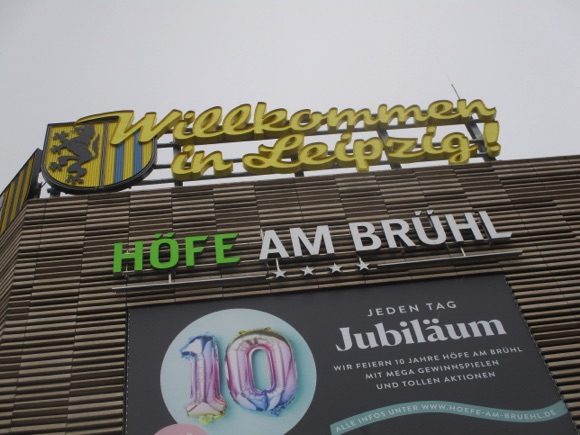
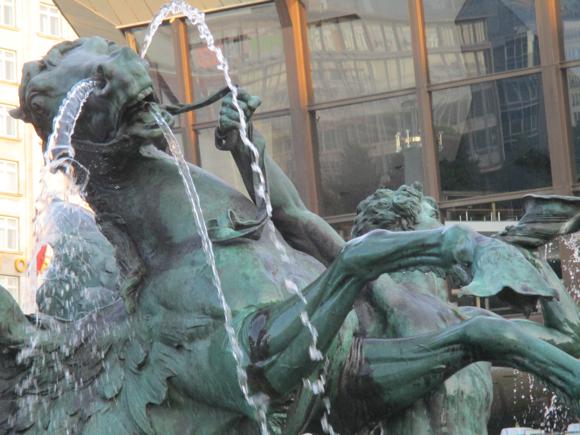
Fallen into disuse after 1989, the old stadium was knocked down but its exterior, Socialist statuary and all, was kept when the new arena was built around it in the early 2000s. First hosting the Confederations Cup in 2005, it staged five games for the 2006 World Cup, most notably the epic Latin battle between Argentina and Mexico.
That same year, Red Bull’s Mateschitz began sniffing around Germany for a small club to piggyback for its football licence. The obvious option, as Beckenbauer pointed out, was Sachsen Leipzig.
The choice was both historical and logistical. As the pre-1990 BSG Chemie Leipzig, they not only had ties with seminal Britannia Leipzig formed in 1899 and their successor, TuRa Leipzig of the Nazi era, but they had been East German champions in the early days and still had something of a fan base.

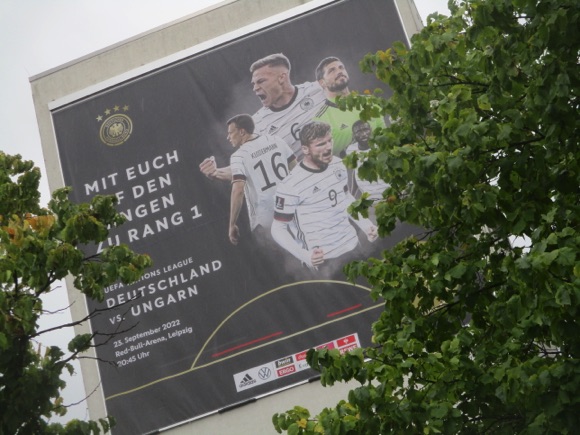
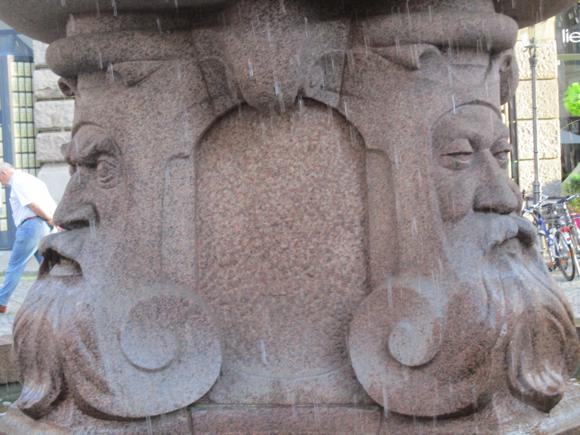
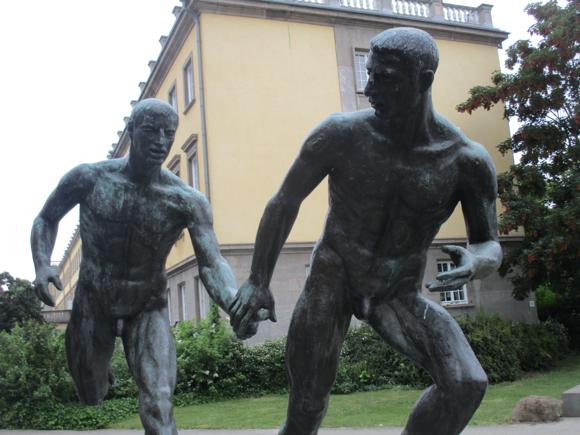
Struggling on post-Unification as Sachsen Leipzig, the club had one crucial element in its favour: film mogul and entrepreneur Michael Kölmel. Main sponsor of Sachsen Leipzig, Kölmel had won the contract to rebuild the Zentralstadion and raised nearly a quarter of its €90 million conversion costs.
Kölmel was very keen on the Red Bull takeover. Sachsen Leipzig fans were not. The deal fell through and Sachsen were dissolved in 2011.
The waters had been muddied by the creation of another BSG Chemie Leipzig in 1997, who then rose through the local leagues to face Sachsen in the regional Saxony league.
Now the sole heir of BSG Chemie, the club is based at the same Alfred-Kunze-Sportpark where the East German title was won in 1951 and 1964. Over the water from the former Zentralstadion, the ground is in Leipzig-Leutzsch, close to the S-Bahn station and 7 tram stop of the same name, the line also passing by the main football arena.

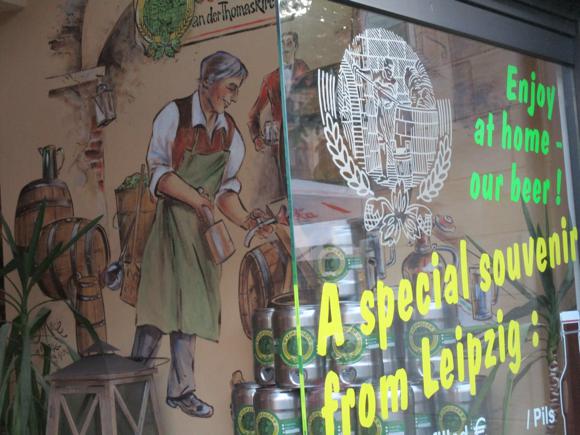

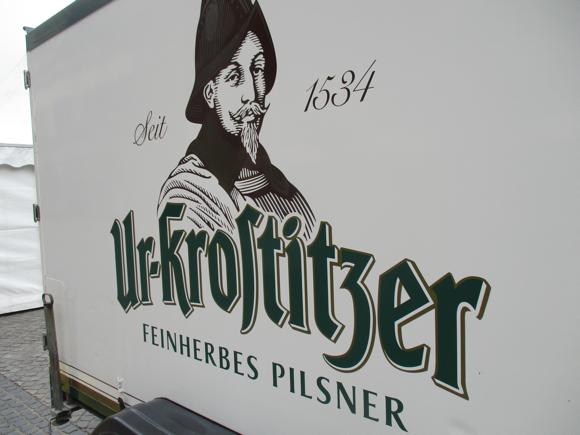
In 2016, BSG Chemie won the Sachsenliga to gain promotion to the fourth-tier NOFV-Oberliga. This would have set up league fixtures with local rivals Lokomotive – only at the same time, the former railway club won the NOFV-Oberliga title of 2016 and now play in the third-flight Regionalliga Nordost.
Currently featuring Dynamo Berlin, this league became the boneyard of fallen GDR giants after Unification.
With links back to inaugural German champions VfB, Lokomotive had also played at the Zentralstadion – shortly after their reformation in 2004, ‘Loksche’ set a record attendance for a local-league match when 12,421 watched them play Eintracht Großdeuben reserves. This, indeed, is a city built on football.
Now based at the Bruno-Plache-Stadion in Probstheida, close to where Napoleon lost a huge land battle in 1813, Loksche are another former GDR giant currently reawakening. Take tram 15 12 stops from the train station to Probtsheida – the ground is a short walk down Connewitzer Straße, on the left.
Rejected by Sachsen Leipzig, embraced by Markranstädt, RB Leipzig moved into the Zentralstadion in 2010. Six years later, 24 hours after a 3-0 defeat at Bayern, RB Leipzig announced that they had reached agreement with Michael Kölmel and had bought the Zentralstadion. And, of course, renamed it. All the Red Bull Arena needed was regular European football…
Getting Around
Arriving in town and local transport


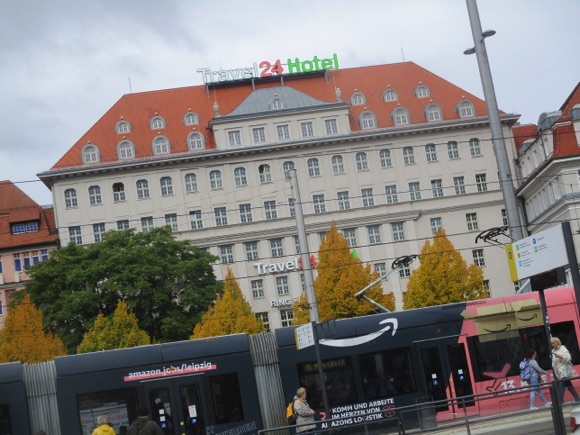
Leipzig/Halle Airport is 27km (17 miles) north-west of Leipzig. An S-Bahn or inter-city train runs every 15-20mins to Leipzig Hauptbahnhof main station (15-20min journey time, €6). A frequent train from Berlin takes 1hr 15mins, advance single around €25.
Leipzig Hauptbahnhof is close to the city centre a short walk away and well connected for trams, including regular services to the Red Bull Arena.
Leipzig city transport consists of trams and buses. A journey of four stops (Kurzstrecke) is €1.80, a single valid for 1hr (suitable between station and stadium) is €2.60. 24hr day pass is €7.20. Buy tickets from machines at stops and validate them in the stamper alongside.
Long-established Löwentaxi (+49 341 98 22 22) are perfectly located, halfway between the station and the stadium. A transfer from the airport to either should be in the region of €40.
Where to Drink
The best pubs and bars for football fans







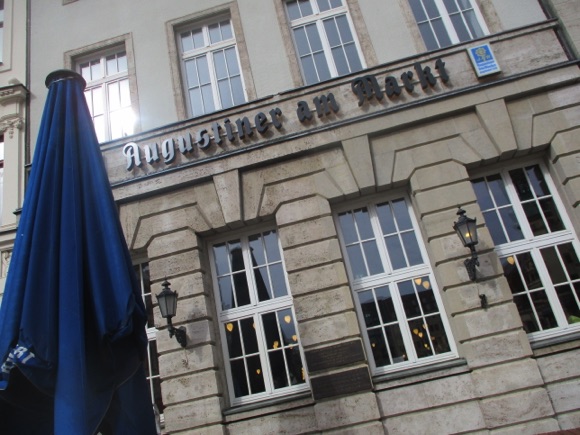
The local beer is Ur-Krostitzer, the local bar hub is pedestrianised Barfüßgäschen, just off the main square of Marktplatz.
On one side, Barfusz is an all-purpose nightspot open until 3am at weekends, on the other, Bellini’s mixes cocktails and the Kildare City Pub pours pints and screens matches.
Round the corner on Klostergasse, the Café Madrid dedicates its Siesta Bar to TV football and has the good sense to provide German Paulaner on draught and leave the Spanish beer for the fridge.
There’s another faux pub on Ritterstraße, the 25-year-old Morrison’s. If you’re after authenticity, the Brauhaus an der Thomaskirche brews its own according to the legendary purity laws of 1516. Offering a taste of Bavaria on the main square, Augustiner Am Markt comes into its own when the sun warms its large terrace.
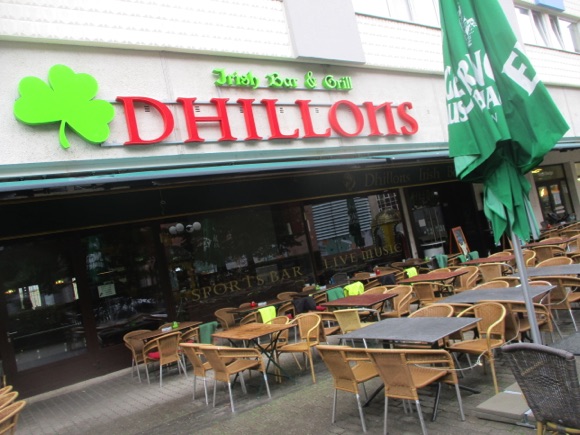

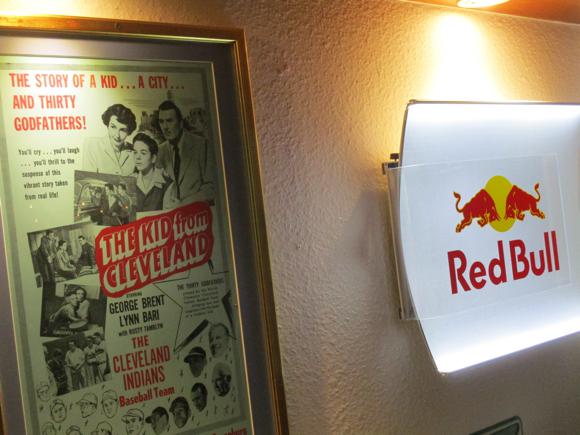

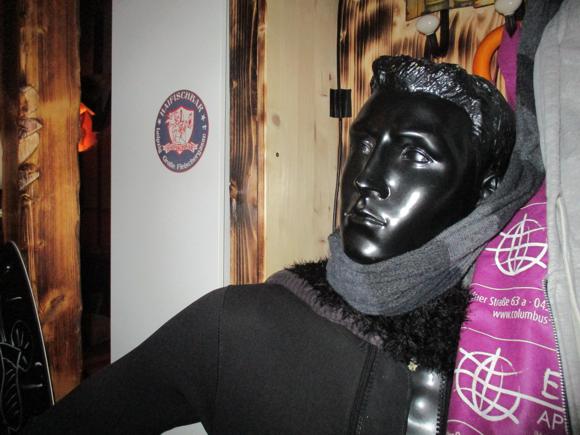


Convincing candidate for best bar in town, certainly the most unusual, the Haifischbar, where Brühl meets Große Fleischergasse is a cult spot, choosy about the rock ‘n’ roll it plays, with a TV and cocktail deals. It’s squeezed between a tattoo parlour and strip club, but don’t let that put you off. On Brühl itself, Emil & Moritz puts TV football on a par with open-plan, informal, creative dining while Champions at the Marriott is a US-style sports bar.
Nearby on Reichsstraße, German-Irish pub Dhillons brings in the crowds for European and Bundesliga action on Tv.
Arriving or leaving via the vast train station, raise a glass to Leipzig at the cosy Bierbar Gleis 8 on the upper level – it’s been there since the year dot, as have the staff and regulars. There’s a TV for football and plenty of conversation around the timeless bar counter. A short walk away on Georgistraße, the Fair Play Sports Bar is a somewhat soulless spot to watch the match, but handy if you’re staying at one of the many hotels nearby.
Where to stay
The best hotels for the stadium and city centre
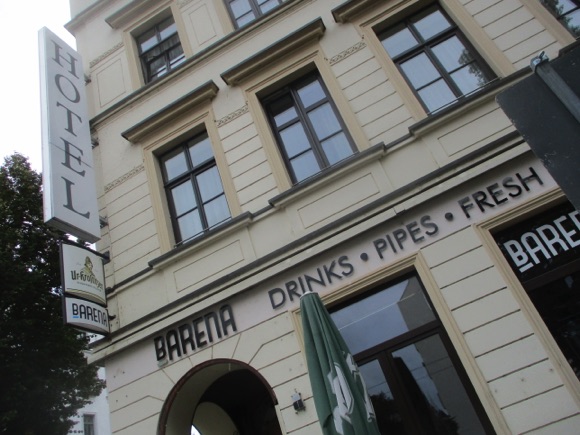
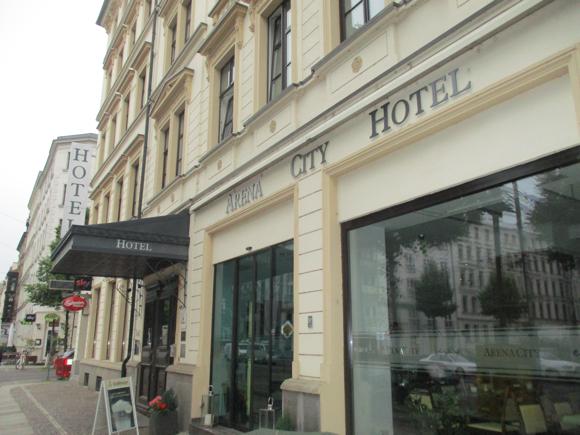






Leipzig Travel has a hotel database and online booking service.
The nearest lodging to the stadium is about 5-7min walk away, on residential Waldstraße with bars close to it, the Arena City Hotel. Upper mid-range with breakfast (€12.50) extra, it has a sauna, bar and restaurant.
Leipzig station is ideally located for both stadium and town. Among the many hotels there, the 288-room Park Hotel is directly opposite as you come out of the station building, bright and modern, with its own sauna, whirlpool, small gym and restaurant.
Alongside, upscale chain the Marriott contains a panoramic restaurant and the Champions sports bar, open to non-guests as well (see Where to drink).
On the stadium side of the station, the Best Western is a contemporary chain makeover of the classic railway hotel, the Lion, which dated back to 1913. Behind, the towering Westin offers prime views from its 400-plus rooms and relaxation in its spa centre. Back on the main road, by the stop for the tram to the stadium, the Intercity is the modern-day version of a railway hotel, a chain found alongside stations across Germany.




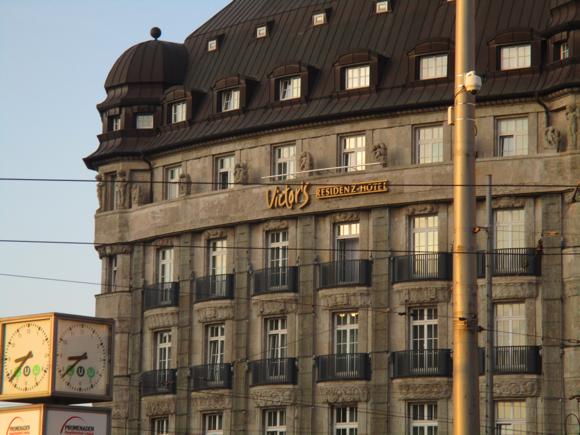


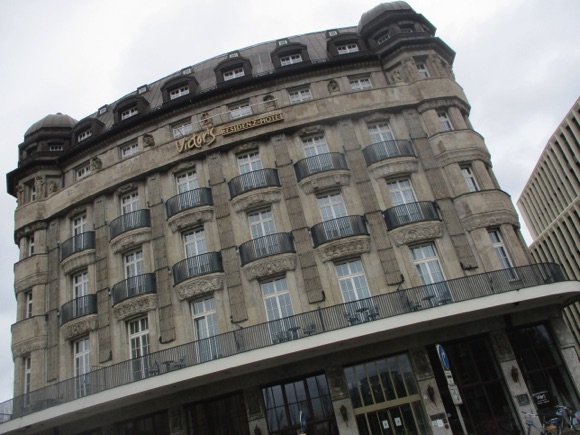
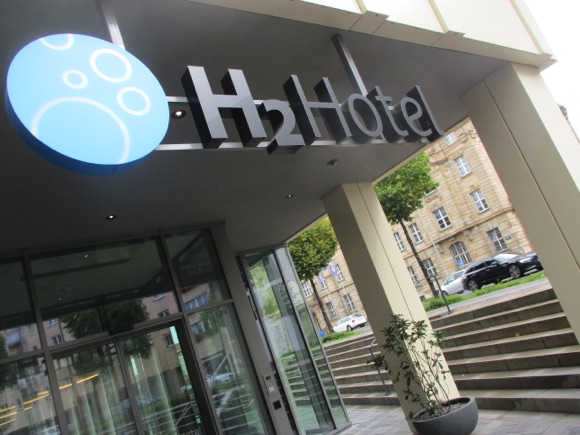


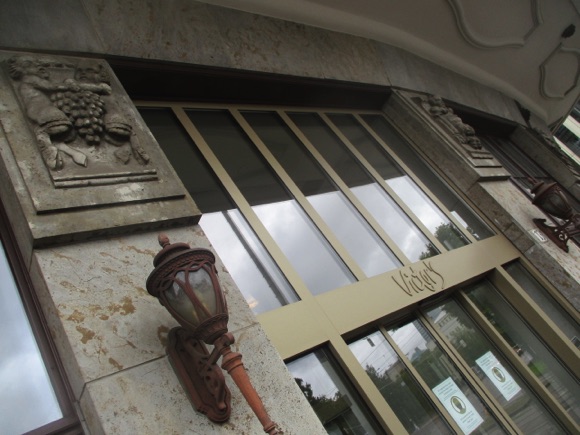
Alongside, the Fürstenhof is a five-star deluxe with a pool – and a century of hospitality behind it. Right next door, the Travel24 has a lime-green approach to trendy urban lodging.
On the other side, Victor’s Residenz-Hotel exudes old-school charm. Next door stands the Leipzig branch of the Premier Inn chain, a rare spot to find an English breakfast, while opposite is the Leipzig equivalent of the UK budget brand, the H2 Hotel. Behind Victor’s, Best Western Plus Royal Suites is equally convenient for the station.
A short walk from the station towards town, the B&B Leipzig-City is a convenient, modern budget-chain option. The nearby Motel One Leipzig-Nikolaikirche is similar, a slight notch above, with a stylish bar.
Right in town, by the bar strip of Barfüßgäschen, the Five Elements Hostel offers cheap private en-suite bedrooms as well as dorms – a handy compromise for the wallet-conscious.

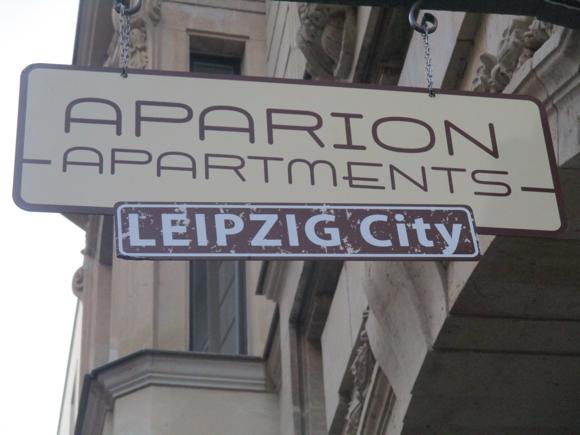
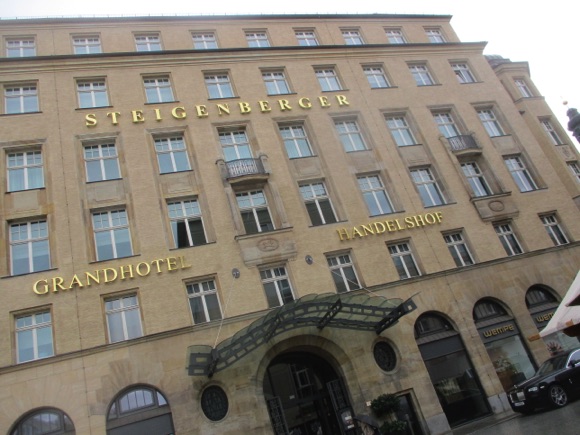
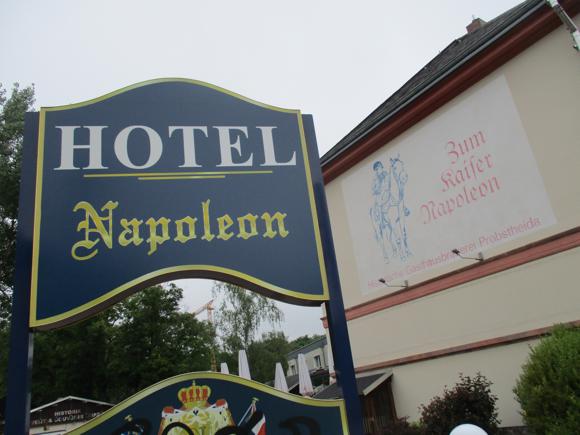
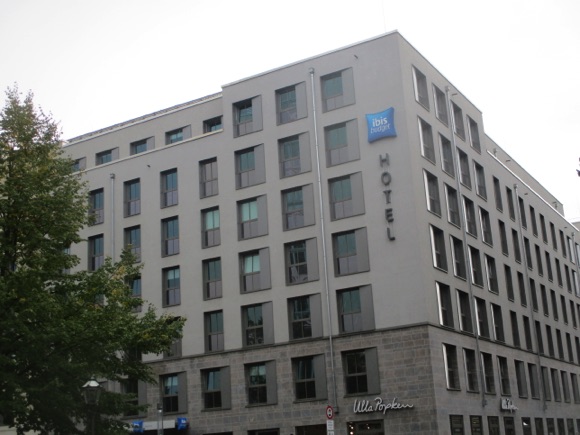

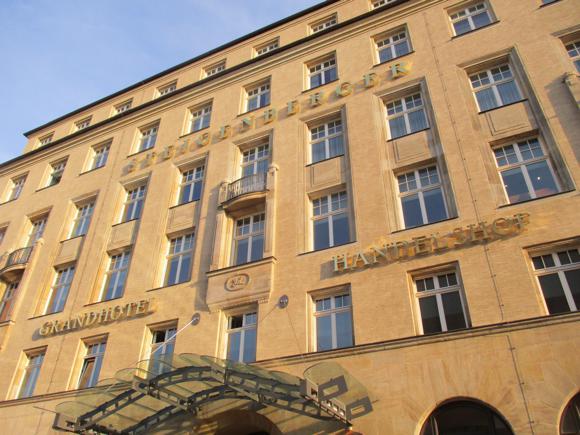



Another good choice for bar-hoppers is the Aparion Apartments, directly opposite Morrison’s Irish bar, with kitchenettes. Units can be rented out by the night, €60/two people a bargain. Equally affordable is the Art Hotel ANA Symphonie on central Hainstraße.
By Marktplatz, the Steigenberger Grandhotel Handelshof is another of Leipzig’s classy establishments, elegant but relatively affordable with online deals – particularly given the two-floor premium spa. Alongside each other on Reichsstraße, the ibis Budget and ibis Leipzig City both offer affordable convenience.
At the main square of Augustusplatz, the Radisson Blu Leipzig is a business-friendly choice with great views of local landmarks.
Finally, for history buffs and those with a yen to visit Lokomotive Leipzig over the road, the Brauhaus Napoleon offers nine comfortable rooms and classic German hospitality in the inn where Prussian and Russian officers lodged before routing Napoleon nearby. Literally next door to the Lokomotive ground, the Parkhotel Diani provides mid-range conviviality.







